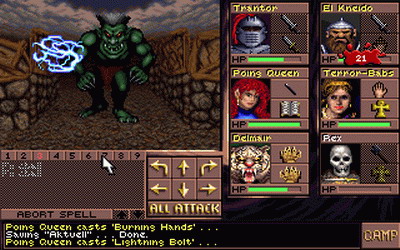

I should perhaps begin with the disclaimer we all seem forced to start with when we talk about this issue. No more strangers take any pictures of my daughter on the trip. Uncertain - OK, he shouldn't have done that, but what if he's really just an everyday Indian guy who loves to see European kids on the beach and wanted a lovely holiday souvenir? Is that really such a big deal? I feel indignant and aggrieved - dammit, I should have thrown that phone into the sea, would have served that perv right. Apparently there is nothing on the phone to suggest that the man is a sex tourist or pedophile, as he soon gets his phone back and slips off. The man, by now visibly sweating and piteous, explains and gesticulates to the grim guard. One of the beach guards soon catches up with him and takes the phone, clearly in order to flip through the photo folder. He apologises, looks nervous, says something in Hindi that I don't understand and points at hos phone, as if showing that hey, he just took some pictures, what's the harm? He hurries away. "You respect my daughter!" I yell repeatedly.

I run down to the water and confront the man.

He pays no mind, takes some more pictures. My sister in law tells him off sharply, "Please! No!". My daughter is clearly stressed and uneasy with the situation, the strange man who stands before her with his phone portraying her, laughing lightly. The man pays no attention, takes the pictures anyway. My sister-in-law is already there, asks my daughter, who says no. He smiles and coos at the playing Swedish child and takes out his cell phone. Having been brought up on Swedish school pedagogics, I relay the question to my daughter: "Is it OK for you if they take your picture?" I guess I think it's her decision.Ī well-dressed slender Indian man in white pants and shirt wanders past on the beach. Often they ask me, or more rarely my wife, civilly if they may take a picture. In this country headed headlong into the future - the little dirt track back to the hotel that we walked when we arrived a week ago has already been tarred over with asphalt - every Indian seems to have a camera phone.

And above all, they want to take her picture. The other day the restaurant waiter - stoned? - approached and bit her tenderly on her yummy upper arm. People here stare at her, ensorcelled, love-struck, touching her hair, pointing at her. She is blonde, blue-eyed and unbelievably cute. I'm lounging on the sun bed with a mystery novel and keeping half an eye on my three-year-old daughter, who is sitting in pink swimming pants and playing with a bucket and spade. Behind us: rust-coloured sand, skinny cows browsing among trash and dry bushes. The rush of waves and a constant din from jet skis.
Eye of the beholder 3 copy protection codes full#
Jens Liljestrand and Jenny Morelli have kindly given me permission to publish my full translation here on Aard. For reasons of space, the journal then printed a shortened version of the text. So she asked me to translate it into English. Before the piece could be printed with the accompanying photographs, the journal's editor, my friend Jenny Morelli, had to clear its contents with the rights holders, who don't know Swedish. In issue 2011:1 of Fotografisk Tidskrift, the journal of the Swedish Photographer's Association, is a fine essay in Swedish by Jens Liljestrand (Twitter about current attitudes to images of children and the definition of child pornography.


 0 kommentar(er)
0 kommentar(er)
